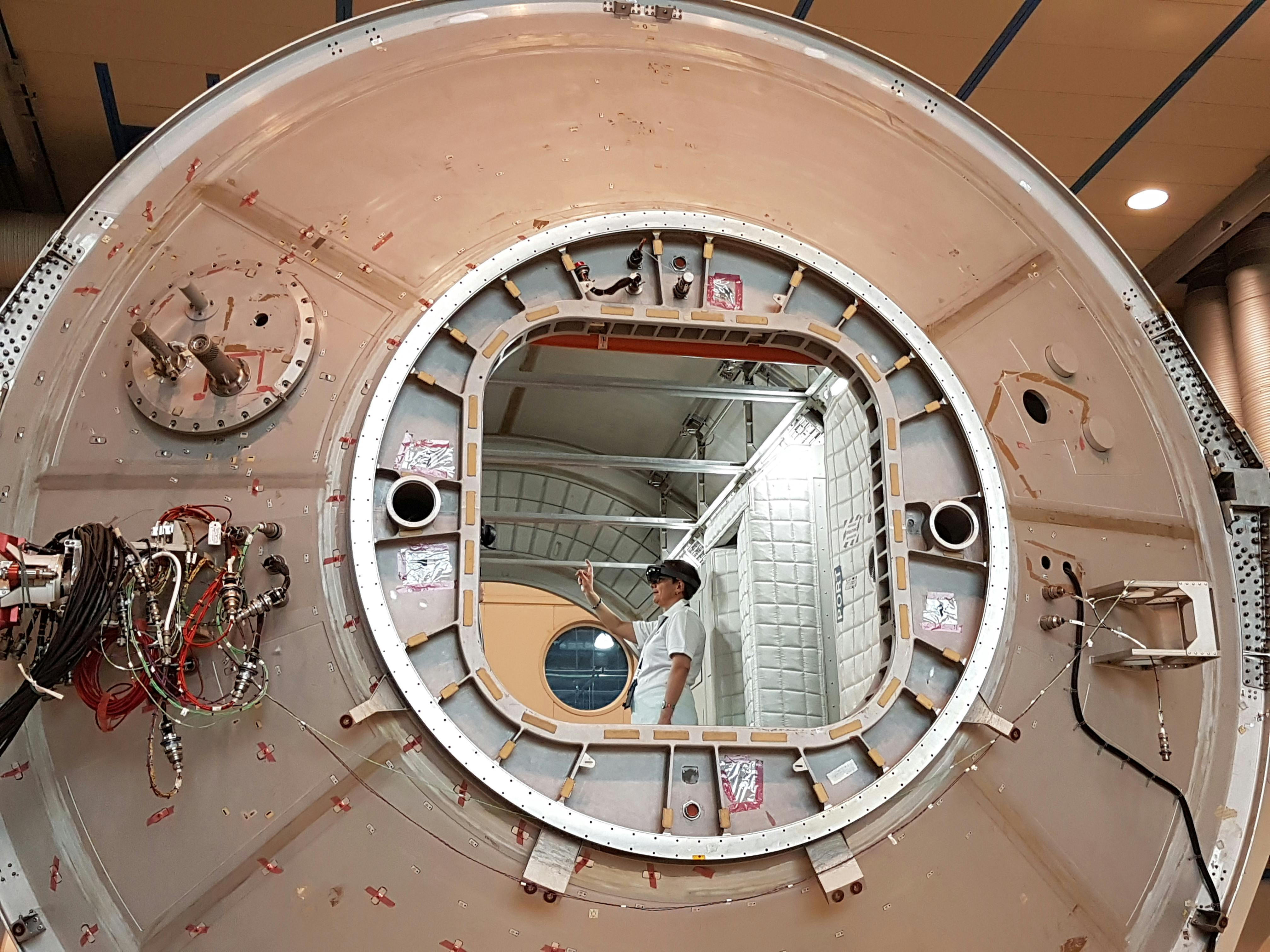Performance Augmentation seeks to bridge the dissociative gap between abstract knowledge and its practical application, researching radically new methods to connect knowing something ‘in principle’ to applying that knowledge ‘in practice’. We will speed the refinement of new methods to integrate them to be used for polished performance.
Within a narrative in which Artificial Intelligence and Robotics are said to threaten jobs, Performance Augmentation is focused on identifying, developing, and validating solutions that meets the need of modern industry for access to expertise, professional development to a level of mastery; ensuring regulatory compliance at lower cost. Top experts are scarce, time is value, and travel a risk. Immersive and wearable technologies enable us to rethink personal computing to embed knowledge directly into what people experience, enriching the world beyond the visible to allow the creation of novel and powerful forms of feedback on performance.
It is our mission to create the new new interface and extend the performance-relevance of human-computer interaction (HCI). We will research mixed reality interactive content and establish interoperability in order to improve user experience and human performance, while at the same time lowering entry barriers and providing safe routes for R&D investment.
With this research programme, we will pilot novel experience capturing and guidance technology, holographic artificial intelligences, and human performance analytics with real-time applications to respond to the open knowledge and innovation challenges of the 21st century; with increased affective attachment, immediacy, utility, and accuracy.
In a sense, we seek to build, with wearable and pervasive computing, super powers that allow the user to thrive and act at a level of proficiency otherwise only acquirable at greater cost.










